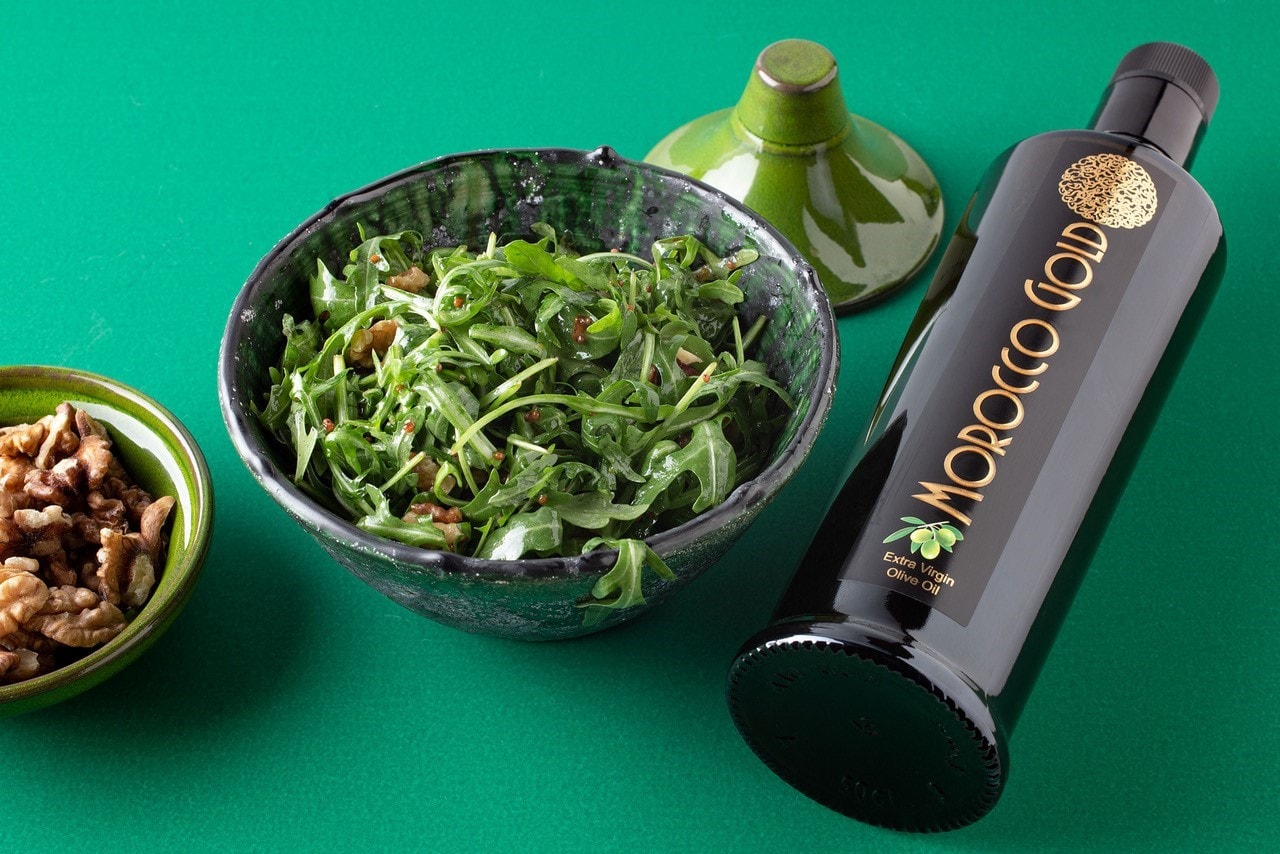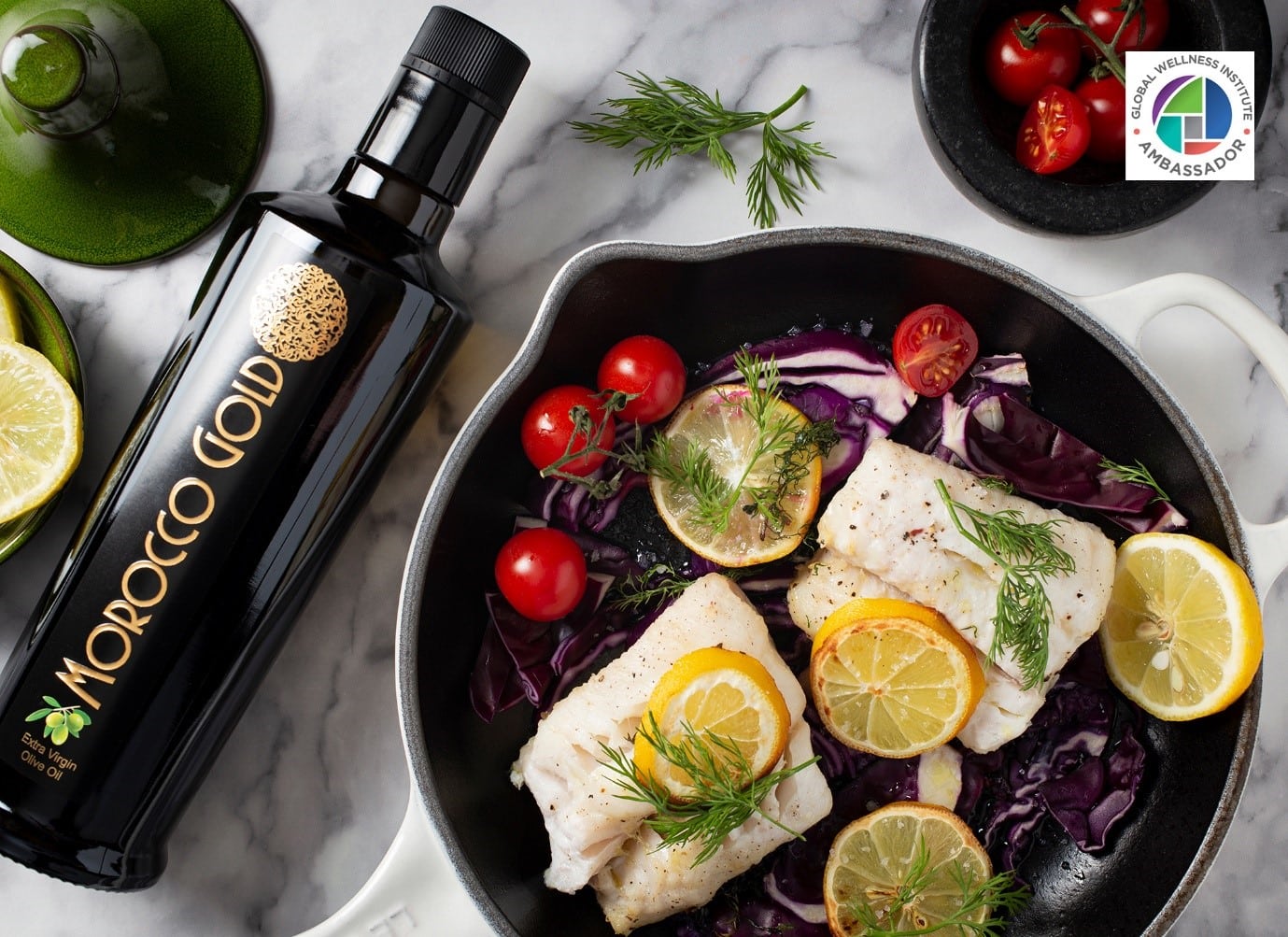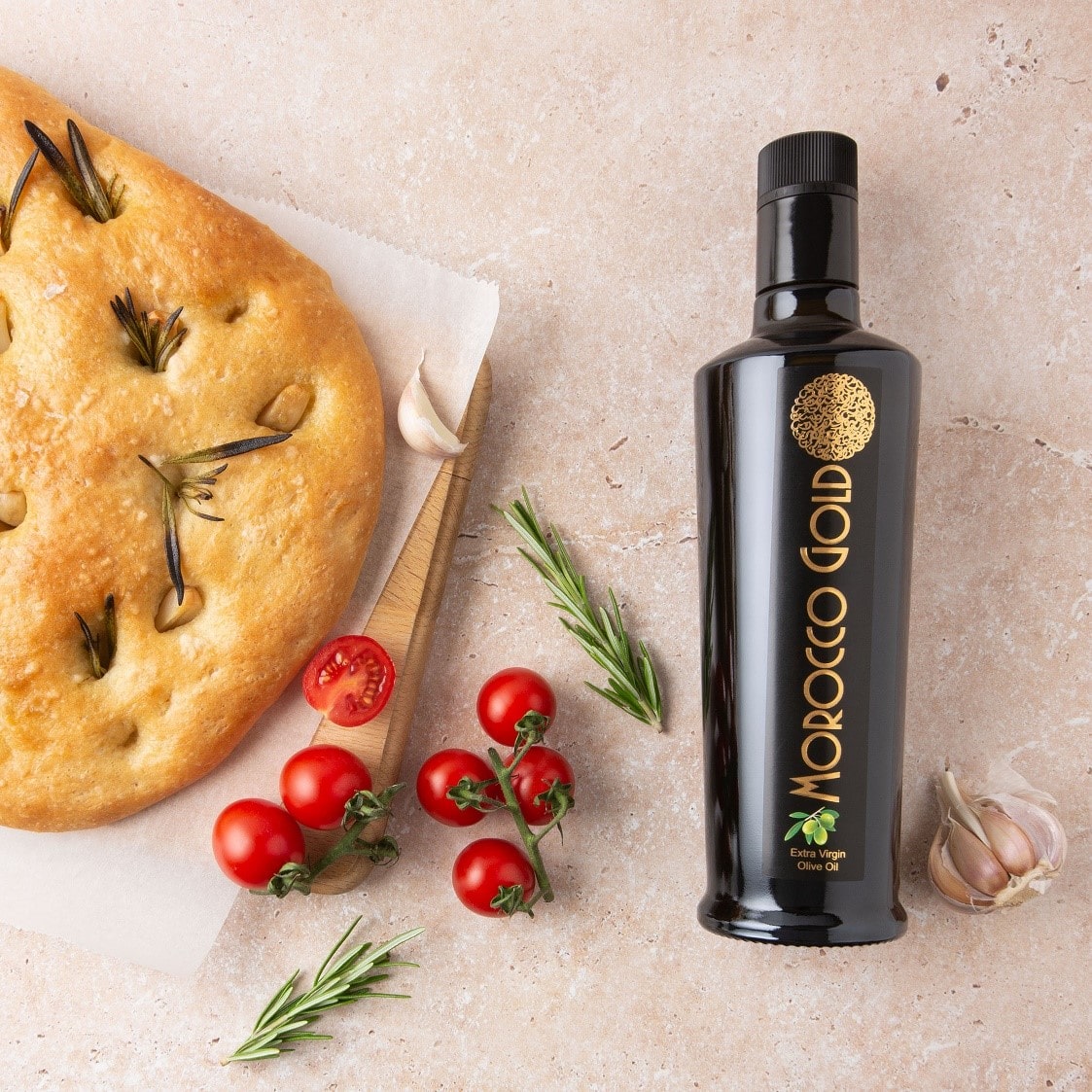Cooking And Health Benefits of Extra Virgin Olive Oil and Canola Oil Explored
Updated August 5th 2024

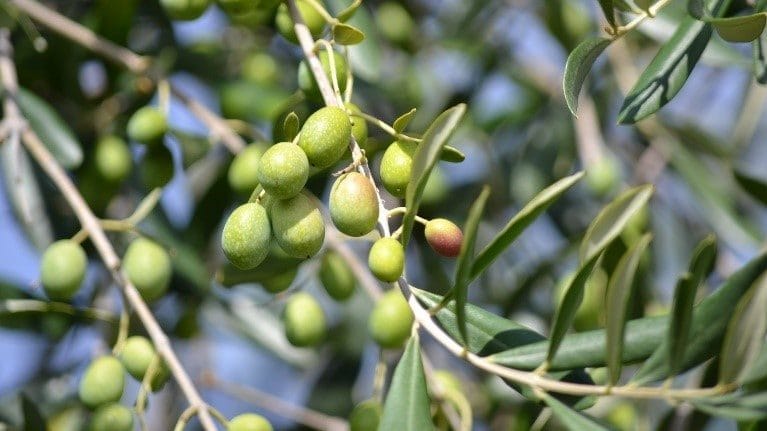
Summary
Contents
- Canola Oil and Extra Virgin Olive Oil Both Have a Range of Health Benefits
- How To Choose Between Canola Oil and Olive Oil For Cooking
- Extra Virgin Olive Oil Is A Great Source of Monounsaturated Fat
- Extra Virgin Olive Oil Is An Antioxidant Powerhouse
- Cooking with Olive Oil Or Canola: The Pros and Cons
- Extra Virgin Olive And Lowered Inflammation
- Canola Oil Versus Olive Oil: The Verdict
Canola Oil and Extra Virgin Olive Oil Both Have a Range of Health Benefits
If you’re trying to decide between canola oil and extra virgin olive oil, it’s worth considering the different health benefits of each. Health-conscious consumers, home cooks, and nutrition enthusiasts alike are frequently faced with the dilemma of which oil to choose for their culinary adventures. Both canola and extra virgin olive oils boast a range of health benefits, but which one truly deserves a place in your kitchen? This blog post aims to unravel the pros and cons of extra virgin olive oil versus canola oil, helping you make informed decisions for your health and cooking needs.
Extra virgin olive oil is a good source of monounsaturated fats, which have been linked with reduced inflammation and a lower risk of heart disease. Canola oil, on the other hand, is a good source of omega-3 fatty acids, which are important for brain health. So which one is better for your health?
Ultimately, it depends on your individual needs and preferences. For example, if you’re looking to reduce inflammation, extra virgin olive oil may be a better choice. If you’re interested in boosting your daily intake of vitamins E and K, then canola oil may be a good option.
How To Choose Between Canola Oil and Olive Oil For Cooking
When it comes to cooking oils, there are a lot of choices on the market. Two of the most popular options are extra virgin olive oil and canola oil. So, which is the best oil for cooking?
Extra virgin olive oil is made from pure, cold-pressed olives. It has a slightly fruity flavor and a strong aroma. Premium, cold pressed single sourced extra virgin olive oils, like Morocco Gold, also have a high concentrations of polyphenols – a powerful antioxidant. Canola oil, on the other hand, is made from a hybrid plant that is part of the rapeseed family. It has a milder flavor and can often be less expensive than extra virgin olive oil.
Extra Virgin Olive Oil Is A Great Source of Monounsaturated Fat
One of the most touted benefits of extra virgin olive oil is its high content of monounsaturated fats. These healthy fats are known to reduce bad cholesterol levels, helping to maintain heart health. A study published in the New England Journal of Medicine found that a Mediterranean diet enriched with extra virgin olive oil significantly reduced the risk of cardiovascular events. It’s no wonder this oil is a favorite among health-conscious consumers.
Extra Virgin Olive Oil Is An Antioxidant Powerhouse
Extra virgin olive oil is packed with powerful antioxidants, such as polyphenols and vitamin E. These compounds help combat oxidative stress in the body, reducing inflammation and protecting cells from damage. Regular consumption of extra virgin olive oil has been linked to a lower risk of chronic diseases, including heart disease and certain cancers.
Cooking with Olive Oil Or Canola: The Pros and Cons
So, with so many benefits to choose from in both products, which oil is the best for cooking? The answer may depend on what you’re cooking. If you’re looking for a healthy option, extra virgin olive oil is the better choice. It’s lower in saturated fat than canola oil and contains antioxidants that can help to protect against heart disease and cancer. However, if you’re cooking at high temperatures, canola oil can have a higher smoke point than some extra virgin olive oil, so it won’t break down as easily when heated. Ultimately, the best oil for cooking depends on your personal preferences and what you’re making.
According to a great report from registered dietician Isabel Smith talking to WellandGood, Canola Oil is high in omega-6 fatty acids – which may not be as good as it sounds.
“The problem with canola oil is that it is extremely high in omega-6 polyunsaturated fats (PUFA). A diet high in these omega-6 fats will cause systemic inflammation in the body, which is an underlying commonality with all modern chronic diseases, including heart disease and diabetes,” she says. The key is to consume more omega-3 fatty acids than omega-6 fatty acids, so consuming too much canola oil can actually work against you, in terms of heart health.”
However, she also pointed out that canola oil is high in phytosterols, which helps absorb cholesterol in the body, therefore reducing overall cholesterol levels.
Extra Virgin Olive And Lowered Inflammation
When discussing the case for extra virgin olive oil, Smith had many positives to consider.
Olive oil is an anti-inflammatory oil, while canola oil is known to be pro-inflammatory,” Smith says. This is because, she explains, olive oil is high in antioxidants, which fights off free radicals in the body. “Olive oil contains strong antioxidants, mainly oleocanthal and oleic acid, which can help reduce inflammatory markers in the body like CRP (C-reactive protein),” she says.
The report from WellandGood also points out that olive oil is good for your heart and could help improve memory.
Olive oil is high in monounsaturated fats, which support heart health, and because its polyunsaturated fat content is quite low, it’s less controversial of a heart healthy oil than canola.
Canola Oil Versus Olive Oil: The Verdict
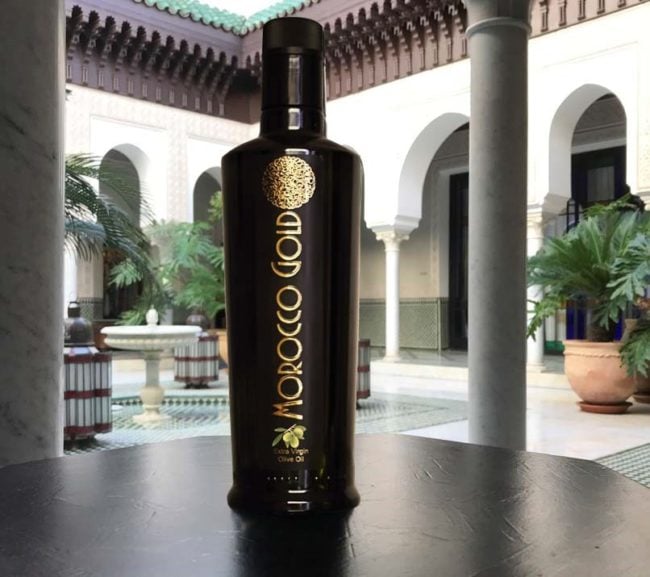
According to Healthline, evoo is healthier than canola, as it provides many disease-fighting antioxidants and is good for your heart.
The report goes on to say that research links quality olive oil – especially extra virgin olive oil – to health benefits, including benefits to your heart. It is less refined and boasts more antioxidants than canola oil, which makes it a better choice.
When it comes to making a final decision on whether to cook with either oil, Smith’s verdict suggests that, although it may be worth stocking both in your kitchen, her chosen favourite is undoubtedly olive oil.
“I would advise choosing olive oil almost every time,” she says. “Canola oil has a high smoke point, which is why it’s often used when frying or cooking foods at high heat, but there are much better options, like avocado oil. Canola oil is also always the cheaper option, but spending the little bit of extra money on something like olive oil is always a recommendation of mine.”



